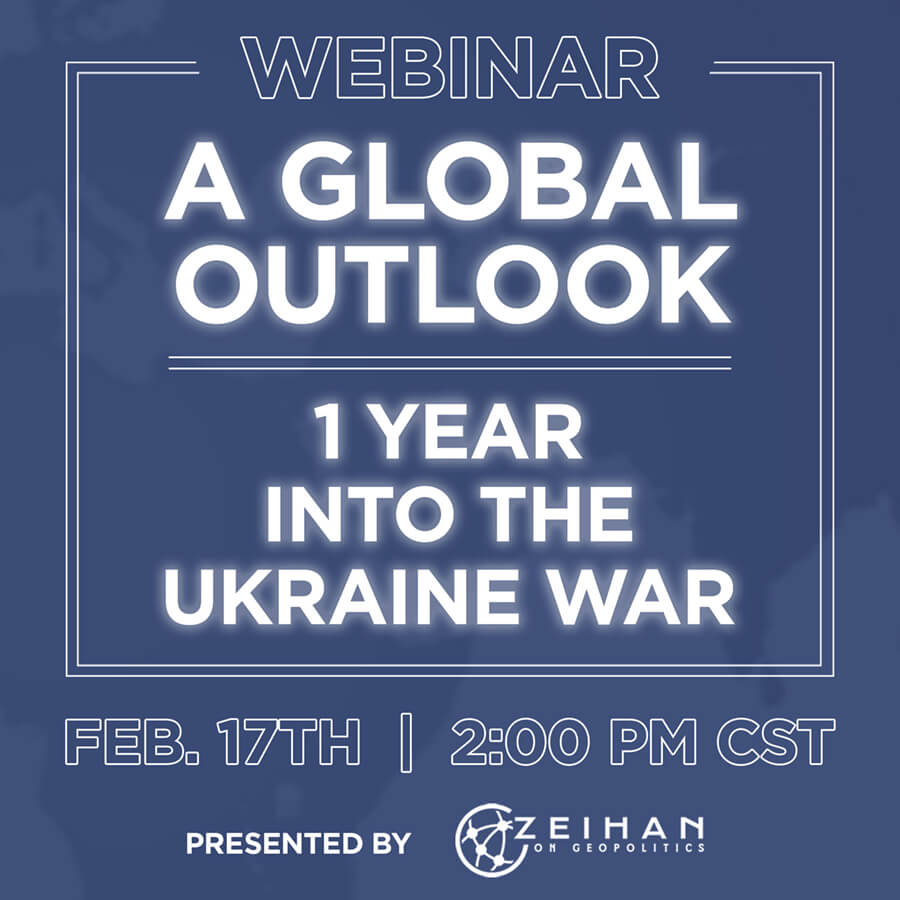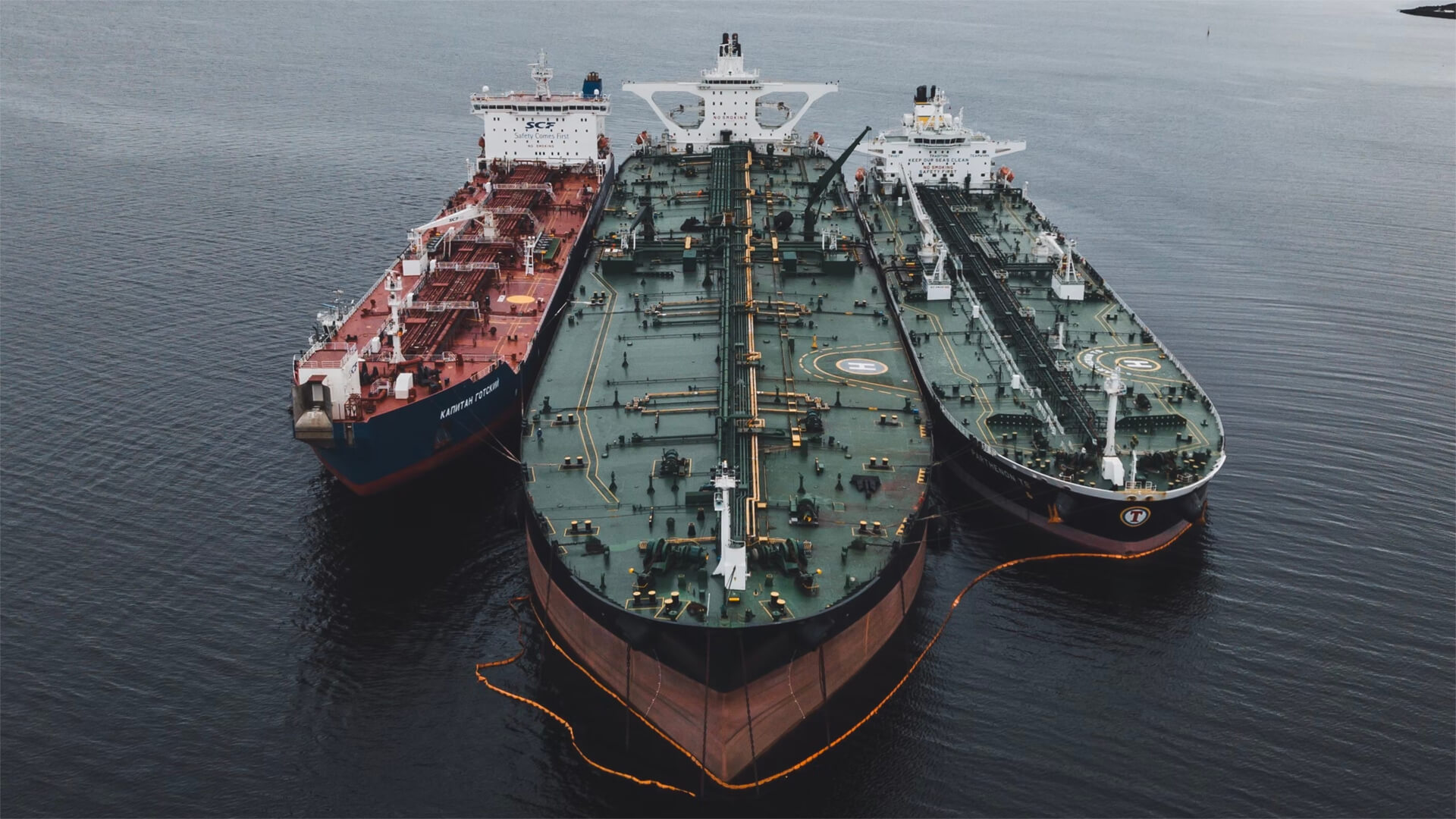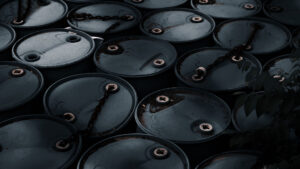The big news from the weekend is that Russia announced a plan to cut 500,000 b/d (barrels per day) of oil production. This accounts for about .5% of global supply and roughly 10% of Russian oil exports.
This alone isn’t a huge deal, but when you stack up all the factors working against the Russian oil industry, some concern over its stability is warranted. Struggling to break even, the potential of wells freezing and bursting due to crude flow disruptions, the Ukraine War…that’s a hefty list and it wouldn’t take much to throw everything into a tailspin.
I’m not sounding the alarm bells quite yet, but it’s a good reminder as to just how fragile this whole system really is.
Prefer to read the transcript of the video? Click here

This Friday, Feb. 17th, join me for the webinar – Global Outlook: One Year into the Ukraine War.
We’ll dive into the global impacts the war has had on supply chains, agriculture, and much more. After my presentation we’ll have a Q&A portion to answer all those burning questions.
Here at Zeihan On Geopolitics we select a single charity to sponsor. We have two criteria:
First, we look across the world and use our skill sets to identify where the needs are most acute. Second, we look for an institution with preexisting networks for both materials gathering and aid distribution. That way we know every cent of our donation is not simply going directly to where help is needed most, but our donations serve as a force multiplier for a system already in existence. Then we give what we can.
Today, our chosen charity is a group called Medshare, which provides emergency medical services to communities in need, with a very heavy emphasis on locations facing acute crises. Medshare operates right in the thick of it. Until future notice, every cent we earn from every book we sell in every format through every retailer is going to Medshare’s Ukraine fund.
And then there’s you.
Our newsletters and videologues are not only free, they will always be free. We also will never share your contact information with anyone. All we ask is that if you find one of our releases in any way useful, that you make a donation to Medshare. Over one third of Ukraine’s pre-war population has either been forced from their homes, kidnapped and shipped to Russia, or is trying to survive in occupied lands. This is our way to help who we can. Please, join us.
CLICK HERE TO SUPPORT MEDSHARE’S UKRAINE FUND
CLICK HERE TO SUPPORT MEDSHARE’S EFFORTS GLOBALLY
TRANSCIPT
Hey everyone. Peter Zeihan here coming to you from my home away from home, the Denver Airport. It is the 13th of February. And the news over the weekend is that the Russians have announced a near imminent plan to cut 500,000 barrels a day of oil production, which comes out to about one half of 1% of global production. And roughly 10% of Russian exports.
Now, for those of you who’ve been watching me for a while, you know that I’m really concerned about the stability of Russian production, not just because of the war, but because of their geology. Most oil production comes from the permafrost. And if there’s a situation where the crude can’t flow, whether because people are taking the crude away at their export points or because they shut it themselves, the crude in the wellhead freezes into gel and the water that comes up as a byproduct freezes into ice and it pops the wells from the inside and repairing that damage. The last time around took 30 years and last time most of the oil services firms were part of the process. This time they’re gone. So if we do lose Russian oil production for any reason, it’s not just gone. It’s gone for a very, very, very long time. And that is not priced into the market at all.
Now, the 500,000 is probably, probably, probably not a problem. The Russians have about a million barrels per day from the western fields that are not in the permafrost. And so they can shut those in and bring that back on and shut it in again and bring it back online. In fact, they did this in the early weeks of the war last time when people weren’t taking their crude. Well, now we have a couple more things in play. The European oil ban is in place. The European refined products period is in place. It’s not technically illegal to buy or ship these products, but you have to do it without European insurance or vessels if it’s under a certain price point. And that is reducing demand for Russian product around the world because they’re having a hard time getting the stuff out. Also, the break even price for a lot of Russian crude is between 40 and $60 a barrel. And now that the prices that the Russians can charge are under that threshold, the Russians don’t have an economic incentive to pump the stuff in many cases. So 500,000 has taken away half of the buffer. We’re not to the point where we’re going to see permanent shut ins, but we are not all that far away.
Alright. That’s it for me. Until next time.








